In copertina
-
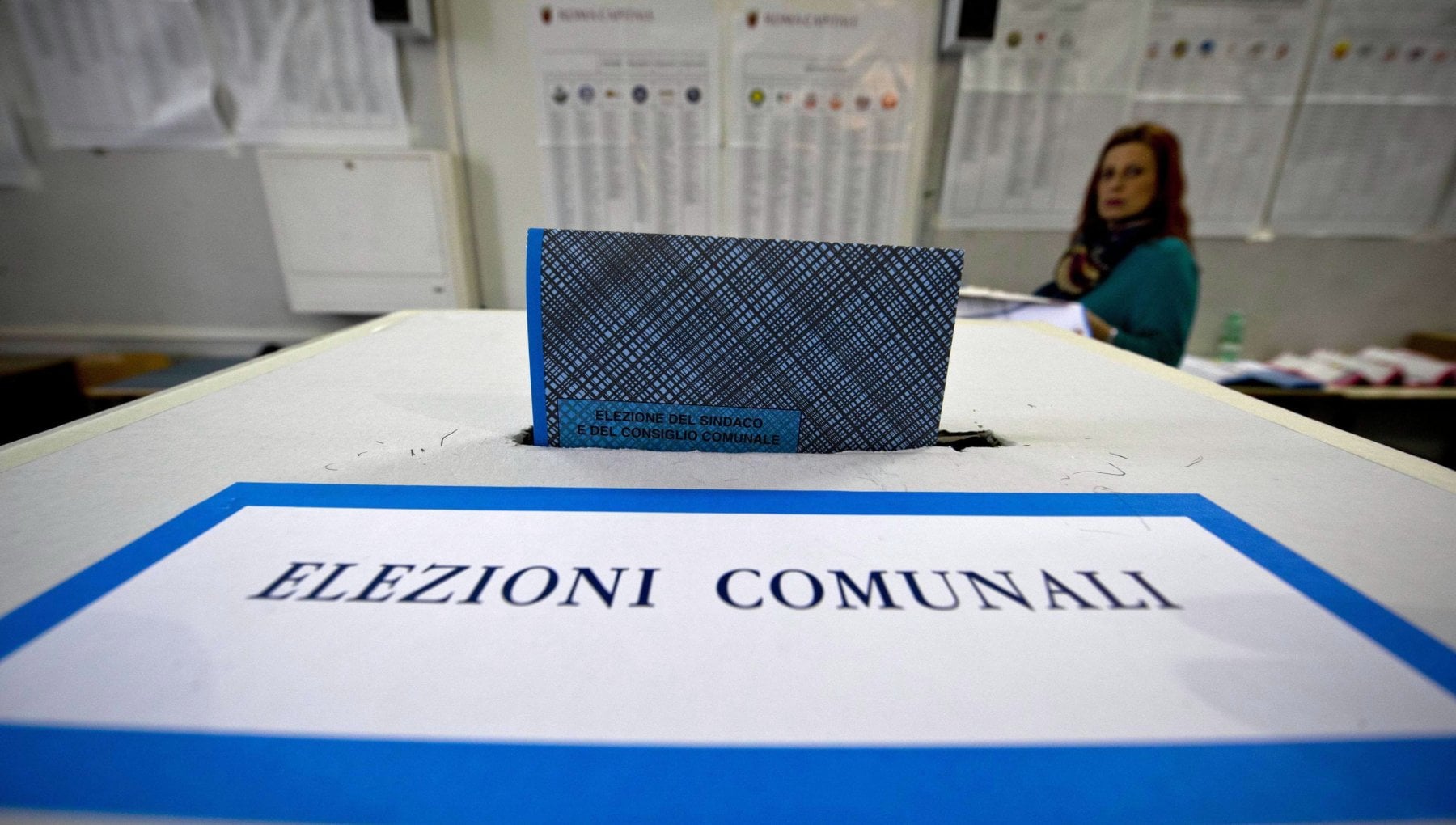
SOS astensione: l’ulteriore crollo dell’affluenza ai ballottaggi delle comunali 2021
foto Repubblica Il secondo turno delle elezioni comunali del 2021 di…
-
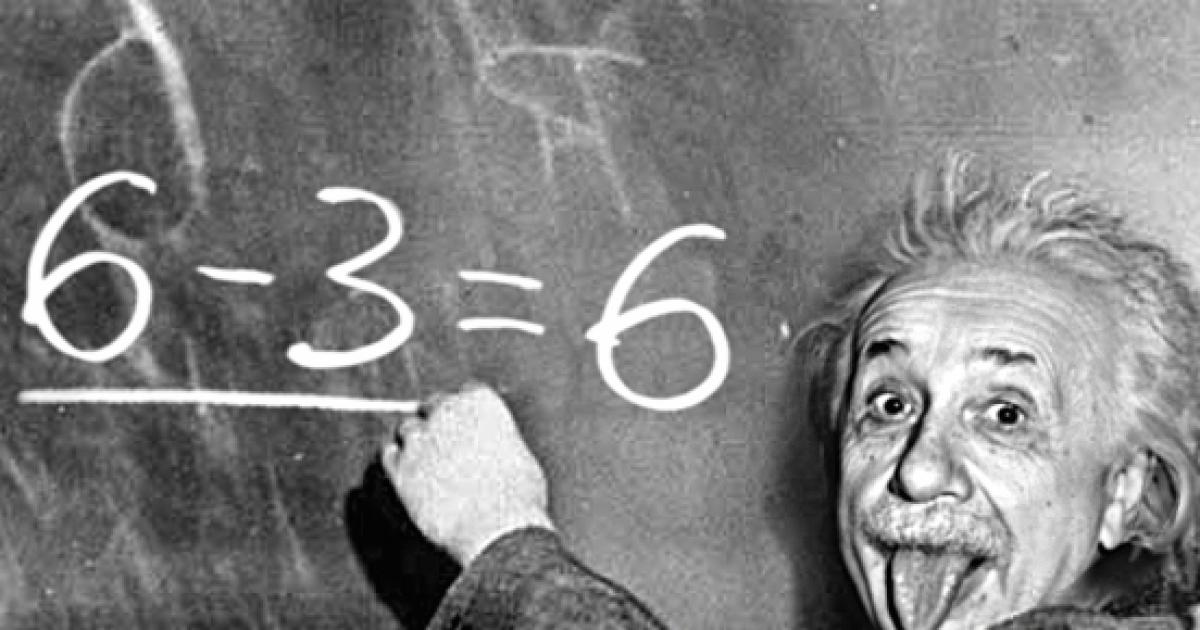
Al centrosinistra 52 sindaci (+15), centrodestra stabile a 38, M5S dimezzato. I numeri finali delle comunali
Pubblicato su Il Sole 24 Ore del 19 ottobre 2021 Con…
-
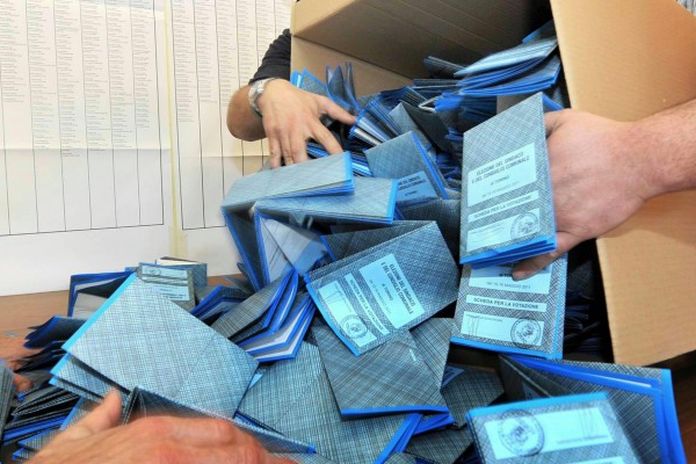
Il ritorno del bipolarismo centrodestra-centrosinistra
Pubblicato su Il Sole 24 Ore del 16 ottobre Il primo…
-

La partita elettorale è aperta. E (probabilmente) si giocherà al Sud
Alla vigilia dei ballottaggi di metà ottobre, in cui si giocheranno…
-

“Ritorno al bipolarismo”: il quadro delle vittorie e delle sfide ai ballottaggi nei comuni sopra i 15mila abitanti
Foto LaPresse Il 3 e 4 ottobre si è svolto il…
-
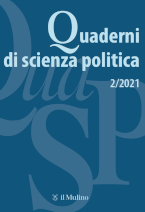
Inchiesta su periferie urbane, disagio socio-economico e voto. I casi di Bologna, Firenze e Roma
Per citare l’articolo: Cini, L., Colloca, P., Maggini, N., Tomassi, F.,…
-

Prof. D’Alimonte: “Gualtieri batte Michetti. Meloni? Dorma serena”
Riproponiamo l’intervista di Francesco Bechis al Prof. Roberto D’Alimonte, fondatore del…
-
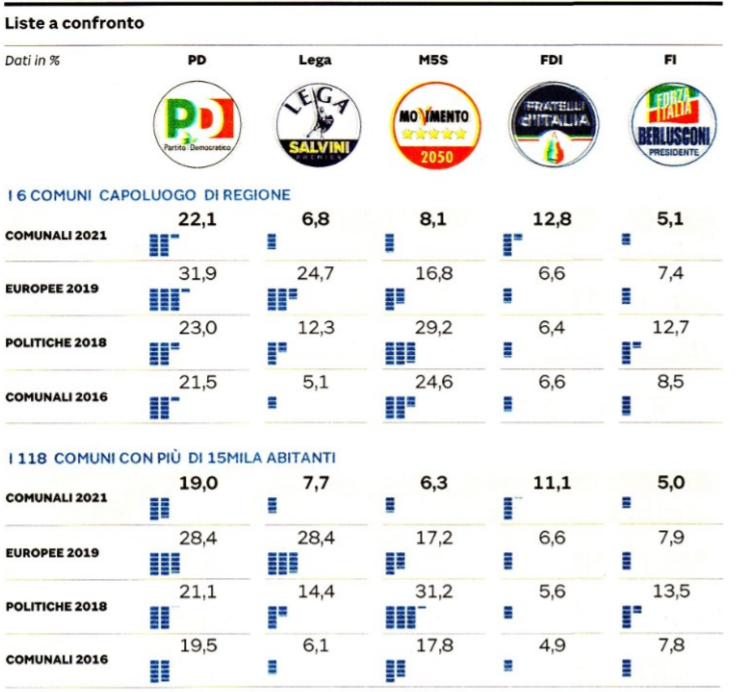
FDI sorpassa la Lega, M5S crolla, PD ai livelli 2016. L’analisi del voto nei 118 comuni sopra i 15.000 abitanti
Pubblicato su Il Sole 24 Ore del 6 ottobre 2021 A…
-
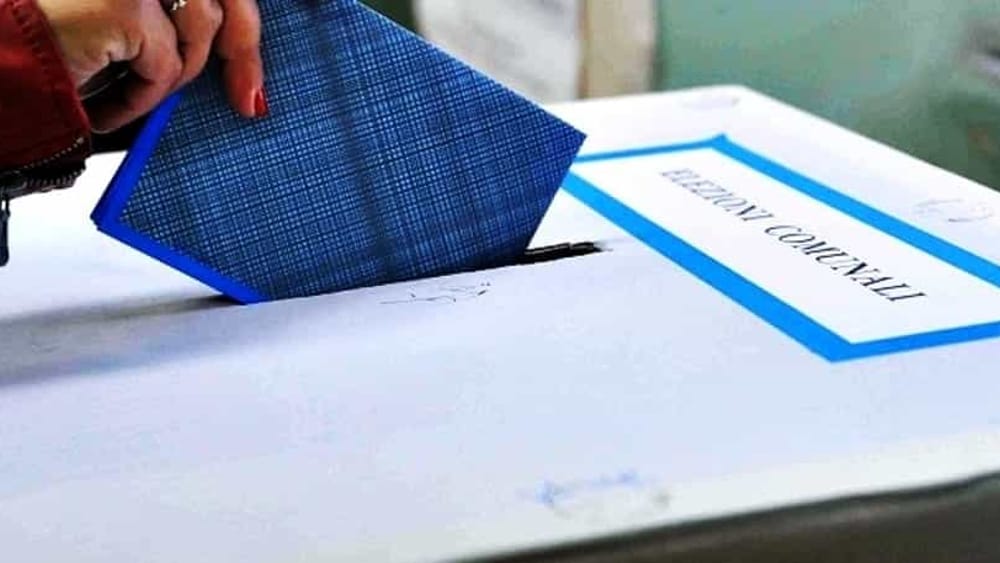
Comunali 2021: crollo dell’affluenza, vince l’astensione. Grandi città disertate, “tiene” l’effetto incumbent
Al termine di una delle tornate elettorali più importanti della XVIII…
-

Tutti i numeri delle comunali: situazione di partenza, offerta e formule coalizionali nei 118 comuni superiori al voto
Domenica e lunedì oltre 14 milioni di elettori saranno chiamati alle…